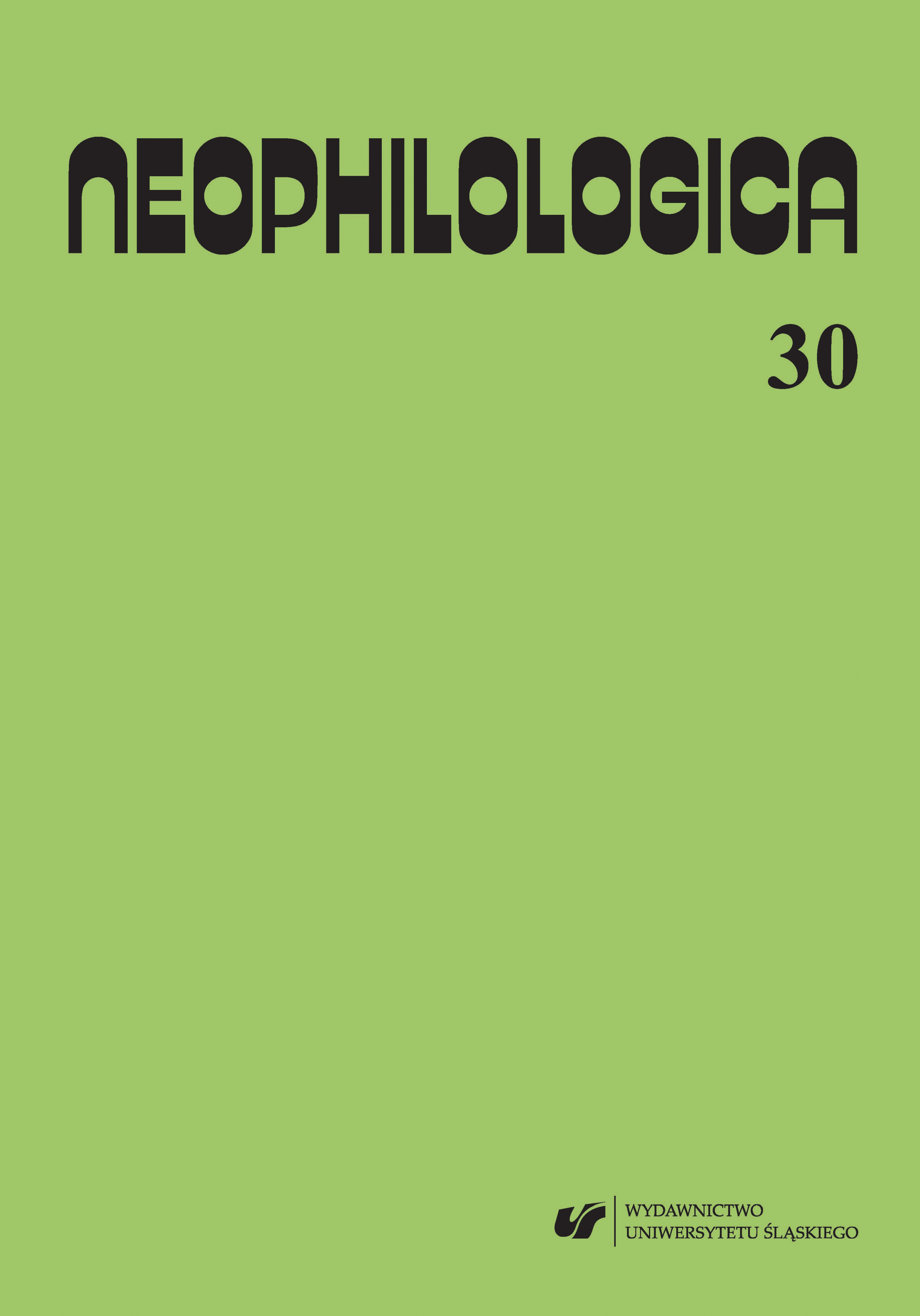Functions of nominal vocative forms in Polish and French
Functions of nominal vocative forms in Polish and French
Author(s): Piotr KrzyżanowskiSubject(s): Language and Literature Studies, Theoretical Linguistics, Applied Linguistics
Published by: Wydawnictwo Uniwersytetu Śląskiego
Keywords: nominal vocative form; vocative form function; nominal form of address
Summary/Abstract: The article concerns a functional description of Polish nominal vocative forms and their equivalents in French. Due to typological differences, it is difficult to precisely indicate the French equivalents of Polish vocative forms. The most suitable in this respect are ‒ however characterized by functional criteria — nominal forms/terms of address (French terme d’adresse or forme nominale d’adresse). The basic function of the Polish nominal vocative forms and their French counterparts is addressing a listener directly as well as appealing to the addressee of an utterance (address function): determining to whom (or, alternatively, to what) an utterance is addressed. This function is accompanied by the intention to establish direct contact with the addressee. Vocative phrases with such an invariant function — the so-called proper appeals — serve the phatic function of language. Modification of the invariant function occurs in the case of the so-called conventional appeals, well-established polite forms used primarily to signal social relations between interlocutors, as well as conventionalised emotional relations. They are connected only with certain types of utterances: they are used as letter/email salutations, opening formulas for speeches and toasts, and as interludes in longer speeches. A significant complement to the functional invariant occurs in the case of the so-called predicative appeals. The vocative form then carries additional generic content, thus becoming an expressively marked declarative utterance, that characterises an addressee and is a carrier of emotions and evaluation on the part of a sender. In practice, it is extremely difficult to unambiguously define the functional character of vocative phrases, while analysing only their form.
Journal: Neophilologica
- Issue Year: 2018
- Issue No: 30
- Page Range: 160-168
- Page Count: 9
- Language: English

